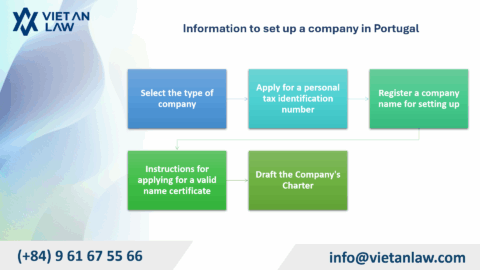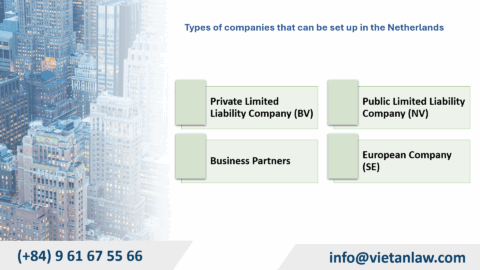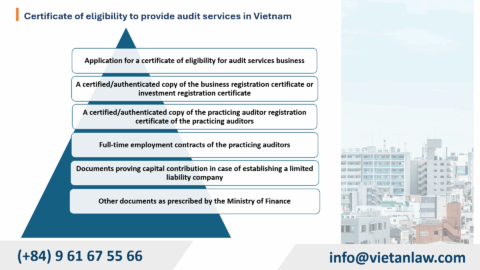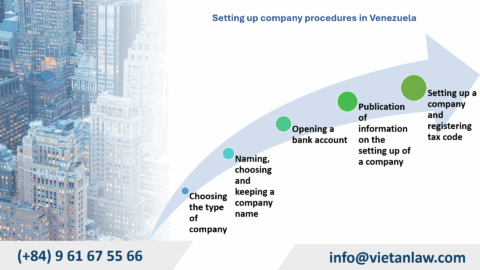One issue that investors are always interested in when conducting investment activities in Vietnam is the choice of type of business. The choice of the right type of business will greatly affect the existence and development of the company later.
According to the provisions of the Investment Law 2020, there is no distinction between domestic and foreign investors in the selection of types of enterprises. Therefore, foreign investors can choose any type of enterprise by the Law on Enterprises 2020.
The following law, Viet An Law, would like to summarize the types of enterprises that foreign investors can choose as follows:
Legal basis
Types of businesses
Limited liability company with two or more members
A limited liability company with two or more members is an enterprise with 02 to 50 members who are organizations and individuals. The Member is responsible for the debts and other property obligations of the enterprise within the amount of capital contributed to the enterprise, except for the case of:
The member’s capital contribution is only transferred under the following provisions:
A limited liability company with two or more members has legal status from the date of issuance of the Enterprise Registration Certificate.
A limited liability company with two or more members may not issue shares, except for cases for conversion into a joint-stock company.
A limited liability company with two or more members may issue bonds by this Law and other relevant laws; The issuance of individual bonds must comply with the provisions of law.
One member limited liability company
A one-member limited liability company is a business owned by an organization or an individual (hereafter referred to as the company owner). The owner of the company is responsible for the company’s debts and other property obligations within the company’s charter capital.
A one-member limited liability company has legal status from the date of issuance of the Enterprise Registration Certificate.
One-member limited liability companies may not issue shares, except for cases for conversion into joint-stock companies.
One-member limited liability companies shall issue bonds by this Law and other relevant laws; the issuance of individual bonds by the law.
The charter capital of a one-member limited liability company when registering for the establishment of a business is the total value of assets committed by the company owner and stated in the Company’s Charter.
The owner of the company must contribute capital to the company insufficient and the right type of assets committed when registering the establishment of the enterprise within 90 days from the date of issuance of the Enterprise Registration Certificate, excluding the time of transporting and importing capital contribution assets, carry out administrative procedures for transferring ownership of property. During this period, the owner of the company has rights and obligations corresponding to the committed capital contribution.
Joint Stock Company
A joint-stock company is a business in which:
A joint-stock company has legal status from the date of issuance of the Enterprise Registration Certificate.
The joint-stock company has the right to issue shares, bonds, and other securities of the company.
Partnership company
The partnership is a business in which:
The partnership has legal status from the date of issuance of the Enterprise Registration Certificate.
The partnership may not issue any kind of securities.
Partnership members and contributing members must contribute sufficiently and on time the committed capital.
Partnership members who do not contribute enough and on time the amount of capital committed to cause damage to the company are liable for damages to the company.
In case a contributing member does not contribute enough and on time the committed capital, the amount of capital not contributed sufficiently is considered a debt of that member to the company; in this case, the member of the relevant capital contribution may be expelled from the company at the discretion of the Member Council.
Private enterprise
A private enterprise is an individual-owned enterprise that is solely responsible for all of its assets for all activities of the business.
Private companies may not issue any kind of securities.
Everyone is entitled to set up a private business. Private business owners must not be simultaneously business household owners or partnership members of partnership companies.
Private enterprises are not entitled to contribute capital to establish or purchase shares or capital contributions in partnerships, limited liability companies, or joint-stock companies.
The investment capital of the private business owner is self-registered by the business owner. Private business owners are obliged to accurately register the total investment capital, which clearly states the amount of capital in Vietnamese dong, convertible foreign currency, gold, and other assets; For capital equal to other
assets, it is also required to specify the type of asset, the amount, and the remaining value of each asset class.
All capital and assets including loans and leased assets used in the business activities of the enterprise must be fully recorded in the accounting books and financial statements of the enterprise by the provisions of law.
Services for establishment of foreign-invested companies of Viet An Law Firm




